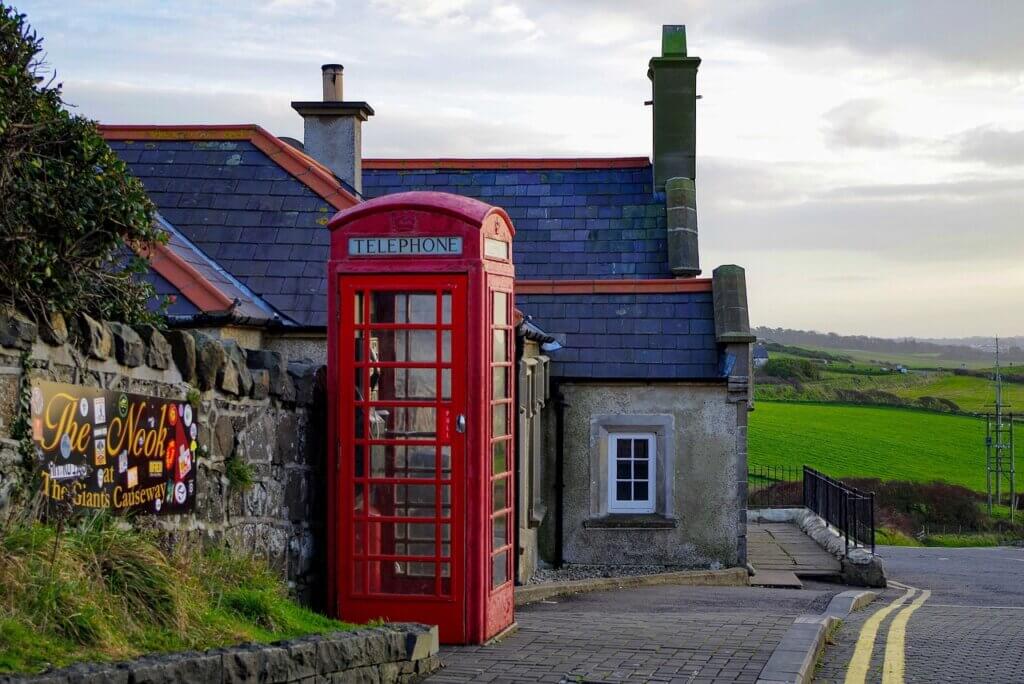
Foreign nationals applying for a visa to visit, study, work or reside in the United Kingdom will usually submit an application to the nearest British embassy or consulate in their own country. If these are not available, the application will be submitted to a designated visa application centre or VAC. As part of the application process, it will also be necessary for the applicant to attend a personal interview, which will be held at the embassy, consulate or designated VAC.
Processing of visas is carried out by Entry Clearance Officers who may be located in the country where the application is made or in one of a number of centres located in the United Kingdom. These centres are operated and run by an organisation called United Kingdom Visas and Immigration, or UK VI in short. UK VI deals with millions of applications every year, and each one is assessed with a strong emphasis on enforcing British security and the elimination of possible criminal, terrorist or security risks.
UK VI operates an extensive network of visa application and decision making centres across the globe but, obviously, not one in every country in the world.
Decision-Making Centre
All applications for a UK visa are assessed by caseworkers employed by the British Home Office. In previous years, the assessment would take place at the relevant embassy in the country in which the application was lodged, but this is no longer the case. For a time, the decision-making was done at global hubs like Beijing or Istanbul, but this, too, was deemed to be a rather unwieldy system. Although some global centres remain, today much of the decision-making has been centralised to offices in the United Kingdom, which are located in one of three towns:
- Croydon (London)
- Sheffield
- Liverpool
Which centre is used for a particular visa will depend upon two factors:
- The type of visa being applied for
- Which VAC centre handled the personal interview
As things stand, a visa application from Australia will be handled in the Beijing hub, while applications from the Americas are handled in Croydon. Most visa applications for study or work purposes will be decided upon at the decision-making centre in Sheffield.
Processing Time
Regardless of the type of visa being sought, the British Home Office tries to adhere to a standard processing time for each. The amount of time taken before a visa is granted will depend on individual circumstances such as:
- The type of visa applied for
- Whether it is a first application or a renewal
- Whether the application is submitted from within the UK or outside
- The applicant’s visa history
In general, applications from outside the United Kingdom can be expected to be processed within three weeks of the personal interview. This should be regarded as a minimum time frame as further details or clarification may be requested. In some cases, the processing time can be accelerated by opting for one of the priority services offered by the British Home Office.
The processing time begins when the application has been officially received and the current guidelines provided by the Home Office is as follows:
- Standard visas applied for from outside the United Kingdom should be granted within three weeks in 90% of cases. This rises to 98% within six weeks and 100% by the end of the twelfth week. It should be noted that a week is considered to be five working days.
- Settlement visas applied for from outside the UK can take twelve weeks from submission for over 98% of cases, with all applications decided upon within twenty-four weeks of submission.
- A visa to remain in the UK (as a student, worker, resident, spouse, or entrepreneur) should be processed within eight weeks.
- Indefinite Leave to Remain (ILR Visa) and No Time Limit (NTL Visa) are normally processed within six months.
Should a visa be required as a matter of urgency the British Home Office can provide a Priority or Super Priority service but these will come at additional cost. However, the time saved can be enormous with some decisions being returned in as little as one or two working days.
Smooth Running
Most delays in processing a visa application are caused by errors or omissions on the part of the applicant. Estimated processing times are accurate but only if the applicant has supplied all the information and relevant paperwork requested.
Issues with an application will be noted to the applicant, and the processing phase can only recommence once the new application (with corrections or adjustments) has been received. This can add weeks to the stated processing time and have catastrophic results for the applicant.
Many basic errors can be avoided if time and care is spent on the application form and ensuring all requested documentation is supplied.
The application should be:
- Completed fully, honestly and accurately
- Submitted before any existing visa expires
- Accompanied by ALL requested supporting documentation (including photos)
- Paid for in full by the relevant means
- Properly signed and dated
Avoiding basic errors only requires a little patience, time and care but failing to submit all that is requested will inevitably end in frustration and disappointment. If in any doubt, the visa application centre should be contacted for guidance rather than taking a chance on the acceptability of the application, which, in all likelihood, will be rejected if not refused completely!

